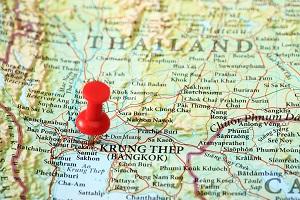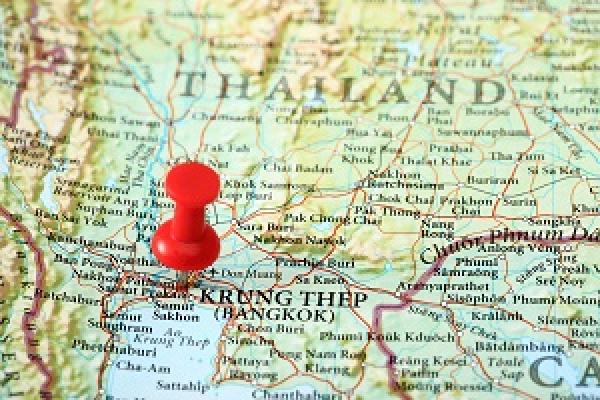
Steamship Mutual
Published: July 06, 2018

Updated Notification - 25 July 2018
On 6 July 2018, Steamship published information from Club correspondents SPICA outlining the background to the suspension of waste imports into Thailand. Please scroll down to see the 6 July 2018 article. Meantime, SPICA have now issued an update which is below.
SPICA 25 July 2018 update:
Waste ban Thailand – continued
We have earlier this month reported on problems with handling scrap cargoes into Thailand as a result of mis-declared cargoes and fraudulent practices.
Mis-declared cargo
Currently around 3,000 containers have been inspected, and the majority of them have shown to contain mis-declared cargoes that may not be imported into Thailand under the Basel Convention and local law.
Import licenses
Secondly, many of the importers have proven not to have valid licenses and/or facilities to handle scrap cargo. The Department of Industrial Works that oversee this area have suspended the licenses of 5 importers and a sixth import license has expired. Currently, Fuji Xerox seems to be the only legitimate importer of scrap. However, their license is believed not to be extended when it expires. Effectively, this will stop all imports of scrap into Thailand, including ones that may have been legitimate in the past.
Costs on agents
Because of the extensive fraud, it is expected that many of the named Consignees will simply disappear. Since the Thai Customs Act calls for the Consignee’s active participation in either destroying the cargo or re-exporting it, we expect there to be a number of abandoned containers in the near future in Thai ports. Costs will rise to handle them, and the agent will likely be the target for covering the expenses.
Recommendation
It is therefore our recommendation that any scrap cargoes still on-board vessels and destined for Thailand is either not discharged or returned to their original loading port before reaching Thailand, unless there is a written and reliable confirmation from the Shipper (perhaps paid in advance) that they will cover any future container handling costs in Thailand and/or alternatively the Consignee’s confirmation that they have valid license and will take delivery of the cargo.
Initial Notification - 6 July 2018
Correspondents SPICA of Thailand have reported as follows:
Our office in Bangkok is reporting that import of waste into Thailand is currently suspended. Even containers in transit are affected. Members’ attention and precautions are required.
Background
Boundary movement of hazardous waste is governed by the Basel Convention that applies in Thailand as well. This allows for certain types of waste to be imported into Thailand legitimately. These are generally recyclable types of waste, but not lower quality waste only bound for deposit. Recycling is already an established business in Thailand and various types of waste is imported annually without any problems.
Events
Lately, the Thai Customs have discovered that waste has been mis-declared, usually as a recyclable type, when in reality it was bound for waste disposal. The Thai Police have also discovered that a number of recipients of waste, said to be recycle plants, do not have any such capability.
Shipping
Because of the large volume of waste, and the impossible task of checking each shipment or container, the Thai Authorities have decided to place a temporary suspension on any import of waste.
This means that otherwise legitimate shipments, even in transit, might not be allowed to discharge at any Thai port in the near future.
What to expect
It is uncertain when the Authorities will lift this complete ban on discharge of waste. All Members are encouraged to be in close contact with their local agent in order to secure smooth operation. They should also prepare that waste cargo (plastic scrap, electronics, and hazardous waste), even otherwise legitimate waste, may not being allowed to discharge at any Thai port, including transit cargo.


